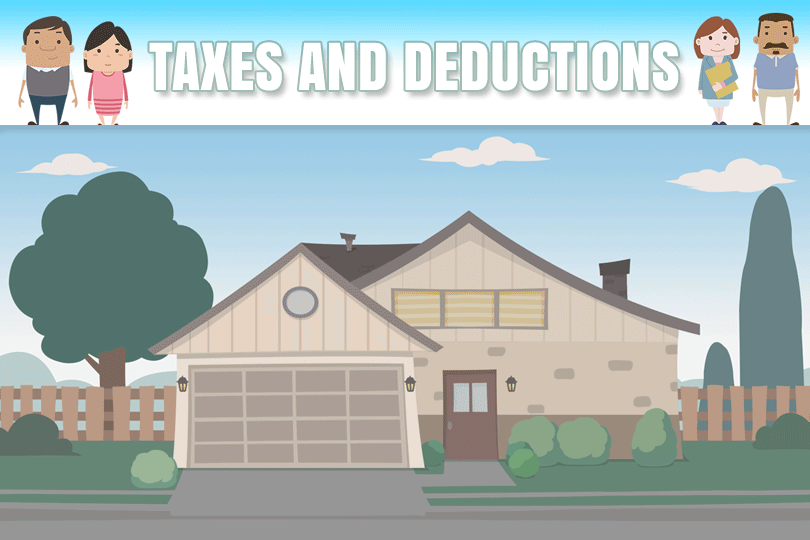FHA Cash-Out Refinance Loans and Your Taxes

What follows is not tax advice, and if you have any questions about these issues in the current tax season, be sure to ask an IRS representative or a tax professional.
Is an FHA Cash-Out Refinance Loan Taxable?
The proceeds you collect from an FHA Cash-Out Refinance loan at closing time is typically not viewed as income. When you take out a loan, you must repay it, which does not qualify as income.
As always, the law in the current tax season applies, but at press time, loans do not qualify as income for the borrower.
In fact, a cash-out refinance loan may have tax-deductible features in the right circumstances.
IRS on Cash-Out Refinance Tax Deductions
For the 2022 tax season, IRS.gov published guidance on claiming deductions associated with cash-out refinance loans, which includes noting this for those who used the proceeds of a cash-out refinance to make improvements in the home:
"Generally, points you pay to refinance a mortgage aren't deductible in full in the year you pay them. This is true even if the new mortgage is secured by your main home.”
The IRS adds that in cases where you use “part of the refinanced mortgage proceeds to substantially improve your main home” and meet certain IRS requirements, “you can fully deduct the part of the points related to the improvement in the year you paid them with your own funds. You can deduct the rest of the points over the life of the loan.”
That advice was printed by IRS.gov for the 2022 tax season.
Improvements That Don’t Add Value
IRS.gov states that even with the above in mind, you may not claim tax deductions on your cash-out loan if you spend it on “Repairs, repainting and other work that doesn't increase the home's value.”
You also cannot claim a tax deduction on a cash-out refinance loan when that money is spent on debt consolidation or other options not related to improving the home.
Consult a Tax Professional
If you aren’t sure how an FHA Cash-Out Refinance loan may affect your taxes this season, consult a tax professional to learn your possible deductions and liabilities.
------------------------------
Learn About the Path to Homeownership
Take the guesswork out of buying and owning a home. Once you know where you want to go, we'll get you there in 9 steps.
Step 1: How Much Can You Afford?
Step 2: Know Your Homebuyer Rights
Step 3: Basic Mortgage Terminology
Step 4: Shopping for a Mortgage
Step 5: Shopping for Your Home
Step 6: Making an Offer to the Seller
Step 7: Getting a Home Inspection
Step 8: Homeowner's Insurance
Step 9: What to Expect at Closing

Do you know what's on your credit report?
Learn what your score means.







